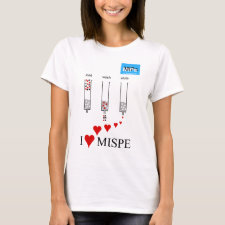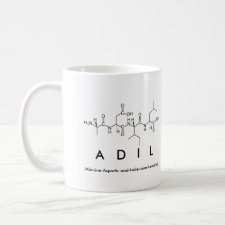
Authors: Corman ME, Armutcu C, Ozkara S, Uzun L, Denizli A
Article Title: Molecularly imprinted cryogel cartridges for the specific filtration and rapid separation of interferon alpha.
Publication date: 2015
Journal: RSC Advances
Volume: 5
Issue: (56)
Page numbers: 45015-45026.
DOI: 10.1039/C5RA07307C
Abstract: In this study, we synthesised specific filtration cartridges with selective recognition sites for target molecules and used them to separate interferon α-2b from aqueous solutions. We combined molecular imprinting technology with cryogel to achieve specific and rapid filtration of interferon α-2b through the macroporous structure of a cryogel network. Recombinant interferon α-2b-imprinted poly(2-hydroxyethyl methacrylate-N-methacryloyl-l-tryptophan) P(HEMATrp)/α-2bIFN cryogels were synthesised via free-radical bulk polymerisation under partially frozen conditions. The interferon α-2b filtration conditions were subsequently optimised with respect to factors such as pH, initial concentration, temperature, centrifugation speed, salt concentration and type and the amount of precomplex incorporated. Selectivity experiments were conducted in respect to isoelectric point as well as size of the competitor proteins under both uncompetitive and competitive conditions. The relative selectivity coefficients of the specific filtration cartridge in respect to isoelectronic points for interferon/IgG, interferon/HSA and interferon/insulin pairs were 3.72, 7.10 and 10.68 times greater than the coefficient of a non-imprinted [P(HEMATrp)] filtration cartridge, respectively. Similarly, the relative selectivity coefficients of the specific filtration cartridge in respect to competitor size for interferon/lysozyme, interferon/myoglobin and interferon/carbonic anhydrase pairs were calculated as 7.58, 10.40 and 11.68 under uncompetitive conditions whereas those values under competitive conditions were calculated as 1.08, 1.05 and 1.34, respectively. The results indicated that specific filtration cartridges developed could repeatedly adsorb interferon α-2b with a short separation time without any significant decrease in the adsorption capacity even if competitive conditions were conducted
Template and target information: interferon α-2b, α-2bIFN



Join the Society for Molecular Imprinting

New items RSS feed
Sign-up for e-mail updates:
Choose between receiving an occasional newsletter or more frequent e-mail alerts.
Click here to go to the sign-up page.
Is your name elemental or peptidic? Enter your name and find out by clicking either of the buttons below!
Other products you may like:
 MIPdatabase
MIPdatabase









